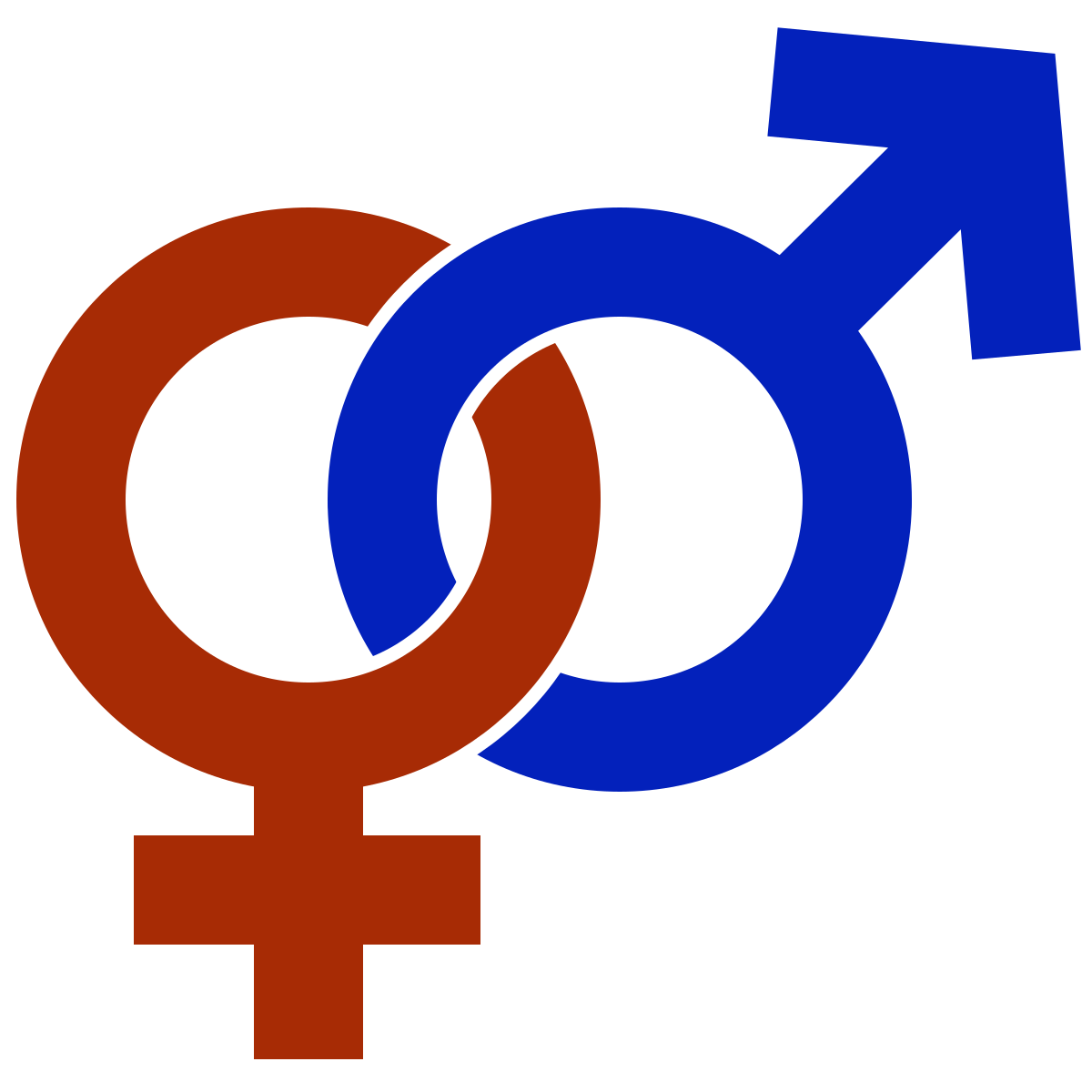Define Gender Scientifically
Gender, from a scientific perspective, refers to the socially constructed roles, behaviors, expressions, and identities associated with being a girl, woman, boy, man, or gender-diverse person. It is distinct from sex, which refers to the biological attributes such as chromosomes, hormones, and reproductive anatomy.2 Gender is not confined to a binary (male or female) and exists along a continuum, with the potential to change over time.2
Scientific research suggests that gender identity, which is an individual's internal sense of their own gender, can be influenced by a combination of biological, psychological, and social factors. There is considerable evidence indicating a biological component to gender identity, with some studies pointing to the influence of prenatal hormonal environments and brain structures.6
Furthermore, gender is recognized as a social construct that varies across cultures and can change over time. It influences how individuals perceive themselves and each other, as well as how they interact and the distribution of power and resources in society.2 The understanding of gender has evolved, with contemporary perspectives emphasizing the diversity of gender identities and expressions beyond the traditional binary framework.





